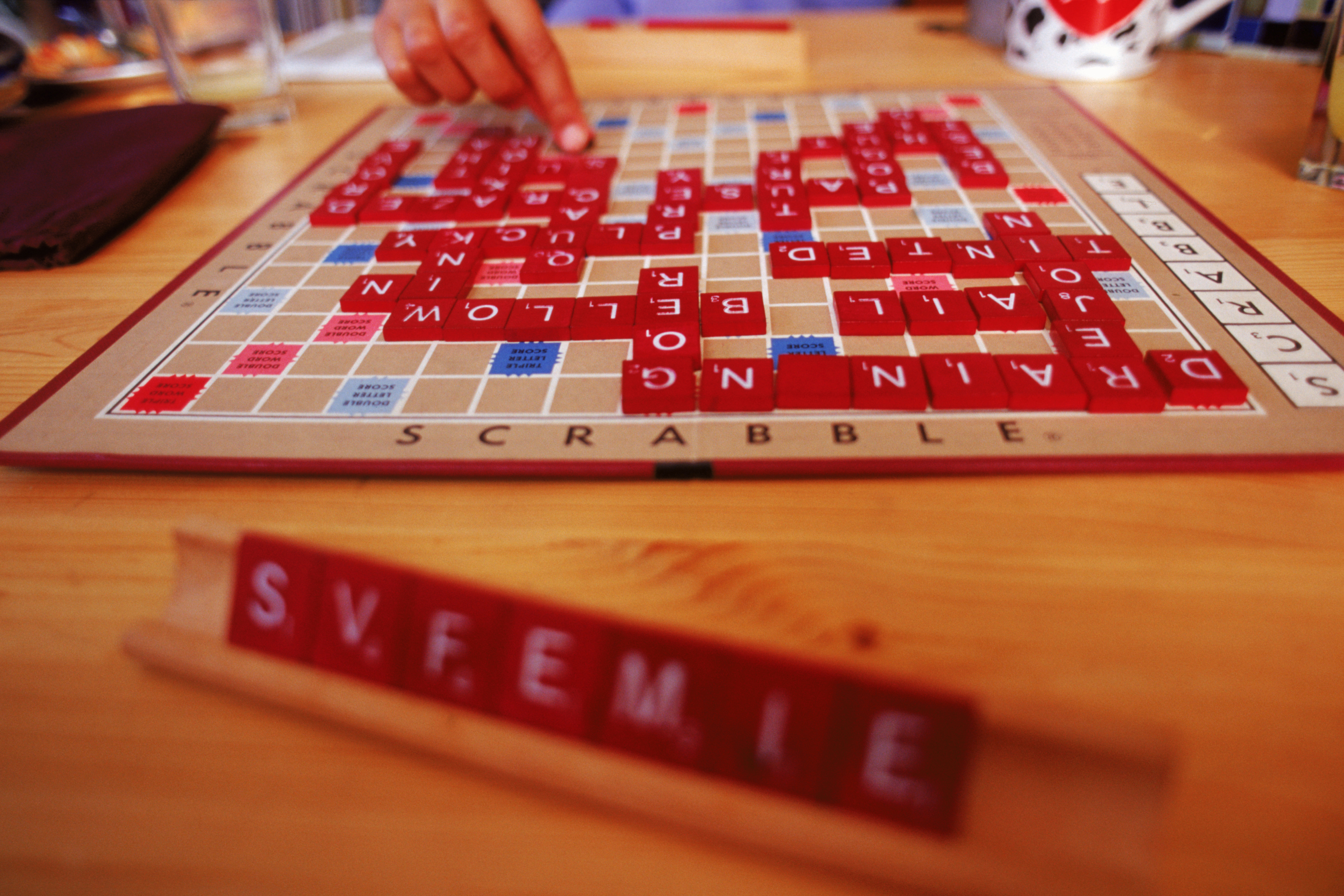Textually frustrated (adj) The frustration felt while waiting
for a reply from a text or SMS.
Twitterrhea (n) An overdose of Twitter.
Social notworking (v) Surfing a social networking site
instead of working.

Just when we thought our language couldn't be dumbed-down any more than it already is, an ad agency is suggesting new words and phrases to be integrated into our lexicon. The 2009 Cramer-Kasselt Cultural Dictionary is out, and you can see the whole thing online. The LA Times has a very entertaining story on it today that you can see here.
Hey, look, I'm not criticizing. (Well, I kind of was.) I like new words -- the more the better, and the more specific the word, the easier it is to get your point across with it.
But sometimes I think the new words threaten to put some of the older, less used words out to pasture. Still, you have to admit that language is an evolving organism, as alive as the culture it's in. So tell me what you think about these. I don't think they qualify as threats, because they mostly refer to things that are so current, so "buzz-worthy," if you will, that there's nothing they potentially could replace.

These are terms only an ad agency could come up with...so wouldn't threaten our classic words that people have become lazy about using.
Meantime, there are so many words that are becoming extinct, there's a website attempting to tun the tide called savethewords.org. It's incredibly annoying to visit this site with the sound up, because the words all start yelling at you, so be forewarned.

You can pick out one of these words, and you have to promise to use it, as explained on the website Lifehacker:
Local
Get Los Angeles's latest local news on crime, entertainment, weather, schools, COVID, cost of living and more. Here's your go-to source for today's LA news.
Save the Words is a website dedicated to keeping underused English language words in the dictionary. Pick an underused word and pledge to save it from extinction.
Lexicographers analyze the frequency of word usage in popular culture and media to decide which new words will go into the dictionary, but they also track the falling popularity of words and opt to remove them.
At Save the Words, an initiative of the Oxford English Dictionary, you can browse a wall of rare words, be given a random word, or search for a word to see if it's in danger of extinction.
Once you find a word to your liking, you can pledge to use that word in common usage as often as you can...
There's no telling whether anyone will understand the word, but context helps get the point across, and either way you'll sound fancy and smart.
What gripes me, (notice my lack of fancy verbiage, and use of vernacular here, in an effort to communicate conversationally and effortlessly?) is how certain words are dropped because they are misunderstood or banned. The most recent case of this is the controversy surrounding the word "niggardly," which is a perfectly good, specific word that sounds too much like a racial slur to be used (and was the subject of a recent controversy, when a D.C. mayoral staffer actually resigned because he used the word in a meeting and it was misunderstood.)
For a list of some other good ones which are "censored," click here... they include real definitions for the words "shittah" and "titular." (No, they're not dirty words.)
We wrestle with this in the news business every day, because in broadcast, you don't have what's called the "look back" factor that you have in print journalism, when people can look back at a full sentence and try to figure it all out in context. In broadcast, you say something, and it's gone ... and if your viewer didn't get the gist of it, they're now lost, or hung up on trying to figure out what you just said. So, we are always told in Journalism school to use those "nickel words," the ones everyone's intellect can afford, and immediately.

Of course, that was back in the days before the DVR. Maybe we should coin a new term of our own -- "the TiVo-back factor." I still don't think you'll hear us using fancy words on TV anytime soon though! Now that we're starting at 4am, the short words are better. Easier to understand and ... on our end ... so much easier to say. The TelePrompTer can look like alphabet soup at that hour...



